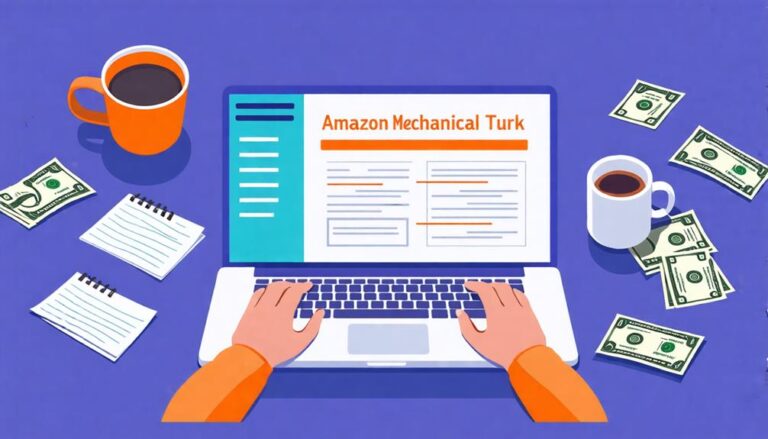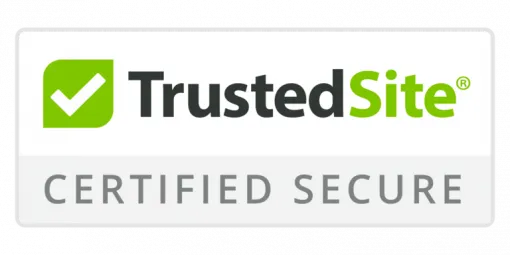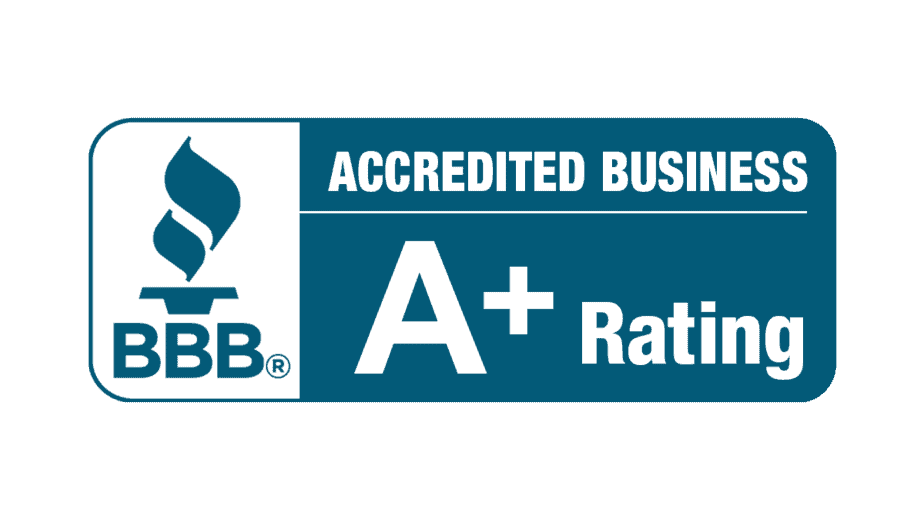Reviewing peer-to-peer lending platforms as a side hustle involves analyzing and sharing insights on various aspects of these platforms, including loan performance, borrower selection criteria, and fee structures. To implement this side hustle, start by selecting a specific niche within peer-to-peer lending, such as reviewing platforms that cater to small business owners or individuals with poor credit.
Conduct thorough research on the platforms you plan to review, gathering information on their features, interest rates, repayment terms, and any notable benefits or drawbacks. Create a website or blog to host your reviews, and consider establishing a presence on social media to promote your content.
Develop a content creation strategy that showcases your expertise and provides value to your audience. This could include writing in-depth reviews, creating comparison charts, or interviewing industry experts. Utilize search engine optimization (SEO) techniques to ensure that your content appears in search engine results for relevant keywords.
To monetize your side hustle, explore affiliate marketing opportunities with the platforms you review. Many peer-to-peer lending platforms offer affiliate programs that reward you for referring new investors or borrowers. You can also consider sponsored content opportunities, where platforms pay you to create content featuring their services.
Build an audience by consistently producing high-quality content and engaging with your readers through comments and social media. As your audience grows, so does your potential to earn revenue through affiliate marketing and sponsored content. Continuously monitor and adapt to changes in the peer-to-peer lending landscape to maintain your authority and stay competitive in this niche.
Key Takeaways
- Reviewing P2P lending platforms involves evaluating key features such as business models, borrower selection criteria, and loan diversification strategies.
- To start a review, select a platform that aligns with your investment needs and assess its reputation through user reviews and experiences.
- Analyze investment risks by evaluating default rates, credit scores, and loan-to-value ratios to make informed funding decisions.
- Assess platform fees, including origination and servicing fees, to understand their impact on investment returns and compare them across platforms.
Benefits of P2P Lending Reviews
Analyzing P2P lending reviews can be a lucrative side hustle, enabling you to make informed investment decisions and earn substantial returns. By examining reviews, you gain insight into a platform's credibility, loan performance, and repayment rates, allowing you to assess the risks and potential returns associated with a particular platform. This information is essential in shaping your investment strategy, helping you diversify your portfolio and minimize risk.
As a side hustler, analyzing reviews can help you identify patterns and trends in loan performance, such as default rates and late payment frequencies. This data enables you to adjust your investment approach, optimizing your returns and minimizing losses.
Additionally, reviews can reveal potential red flags, such as inefficient credit scoring models or inadequate debt collection processes, allowing you to make more informed decisions about your investment. By considering multiple perspectives and experiences, you can refine your investment strategy and maximize returns on your P2P lending side hustle.
Understanding P2P Lending Platforms
To create a lucrative side hustle through P2P lending, you must have a thorough understanding of the underlying platforms that facilitate these investment opportunities.
Start by grasping the P2P lending basics, including the types of loans offered, interest rates, and repayment terms. This knowledge will help you make informed decisions when evaluating platforms and turning your investments into a reliable source of passive income.
When conducting a platform comparison to optimize your side hustle, consider the following key aspects:
- Business model: How does the platform generate revenue? Is it through origination fees, servicing fees, or interest rates? Higher revenue generation can mean higher returns for you.
- Borrower selection: What criteria are used to select borrowers? Are credit checks performed, and what's the typical credit score of borrowers? A stricter selection process may minimize the risk of defaults.
- Loan diversification: Are loans diversified across different industries, credit grades, or geographic locations? Diversification helps you spread the risk and potentially maximize your returns.
- Default management: How are defaults handled, and what's the platform's track record in recovering losses? Proper default management can significantly minimize losses and ensure your side hustle remains profitable.
Key Features to Evaluate
When creating a side hustle on P2P lending platforms, focus on key features that affect the overall performance and profitability of your venture.
Evaluate the platform's business model, borrower selection process, loan diversification strategy, and default management approach, as these factors significantly impact your side hustle's success.
Assess the platform's user experience, ensuring it's intuitive and easy to navigate, saving you time and minimizing errors.
Also, evaluate the platform's credit assessment and scoring models, as well as its loan grading and pricing mechanisms, which directly impact the quality of borrowers and the interest rates you'll earn.
Consider the platform's loan diversification options, such as automatic portfolio rebalancing and diversification tools, which can help minimize risk and maximize returns.
Carefully evaluating these key features enables you to make informed decisions and optimize your side hustle strategy on the P2P lending platform.
How to Start a Review
You're ready to start reviewing peer-to-peer lending platforms, but first, you need to choose a platform that meets your investment needs.
You'll also want to evaluate the investment risks associated with lending through the platform, considering factors such as borrower creditworthiness and default rates.
As you assess each platform, you'll need to examine the fees charged to both lenders and borrowers, as these can greatly impact your returns.
Choosing a Lending Platform
When deciding on a lending platform for your side hustle, it's essential to assess various factors, including fees, risk management, investment options, and regulatory compliance.
Research each platform's reputation by reading reviews and considering user experiences to understand their strengths and weaknesses. A thorough comparison of platforms is necessary to make an informed decision.
When evaluating platforms for your side hustle, consider the following key factors:
- Fees and charges: Look for transparency around fee structures and any potential charges for services like loan servicing or payment processing, as these can eat into your side hustle profits.
- Investment options: Consider the types of loans offered, such as small business loans or lines of credit, and the range of interest rates available, to determine which best suits your side hustle needs.
- Risk management: Evaluate the platform's risk assessment and management processes, including credit checks and loan diversification options, to minimize potential losses to your side hustle.
- Regulatory compliance: Verify the platform is registered with relevant regulatory bodies and adheres to industry standards, ensuring your side hustle financing is secure and compliant.
Evaluating Investment Risks
Evaluating investment risks in peer-to-peer lending platforms is crucial for maintaining a profitable side hustle. To assess the likelihood of borrower repayment and protect your financial interests, analyze key metrics such as default rates, credit scores, and loan-to-value ratios.
Default risk is associated with lending to individuals or businesses, and factors to consider include credit history, income stability, and collateral. Borrower profiles can reveal potential red flags, such as high debt-to-income ratios or a history of missed payments.
Reviewing credit scores helps to determine a borrower's creditworthiness. Loan-to-value ratios should also be evaluated to ensure that the borrower has sufficient equity in the collateral to secure the loan.
Careful evaluation of these metrics enables informed decisions about which loans to fund and minimizes exposure to default risk, ultimately contributing to the financial health of the peer-to-peer lending side hustle.
Assessing Platform Fees
Assessing Platform Fees in Peer-to-Peer Lending Side Hustles
When utilizing peer-to-peer lending platforms as a side hustle, understanding the associated fees is crucial to maximizing returns on investment and overall profitability. Evaluating the various fees, including origination fees, servicing fees, late payment fees, and collection fees, is essential. To make informed decisions, side hustlers need to grasp the fee structure of each platform and how it compares to others.
Fee transparency is key: the platform should clearly and openly disclose their fees. Cost comparison is also vital, as fees can vary between platforms, and discounts or promotions may be available. Different fee types, such as flat rates or percentage-based fees, should be considered, as they impact profitability. Assessing the impact of fees on returns is critical, and strategies to minimize their impact should be explored.
Four key aspects to analyze when assessing platform fees in peer-to-peer lending side hustles include:
- Fee transparency: Checking if the platform is clear and upfront about their fees.
- Cost comparison: Comparing fees to other platforms and looking for discounts or promotions.
- Fee types: Determining what types of fees are charged and if they're flat rates or percentage-based.
- Impact on returns: Evaluating how fees affect overall returns on investment and finding strategies to minimize their impact.
Researching Platform Reputation
As you evaluate peer-to-peer lending platforms, you'll want to scrutinize their reputations carefully.
You can start by checking online ratings from reputable sources, such as Trustpilot or Consumer Reports, to gauge the platform's overall credibility.
Additionally, verifying the lender's credentials, including industry certifications and regulatory compliance, will give you a more complete picture of their trustworthiness.
Checking Online Ratings
To gauge a side hustle platform's or client's reputation, scrutinize online ratings from multiple sources, including Google reviews, Trustpilot scores, and ratings from other reputable review websites. This analysis will provide valuable insights into user experiences and help inform future business decisions.
When analyzing online ratings, consider these key factors:
- Average rating: Compare the client's or platform's average rating across multiple review websites. A consistently high rating likely indicates a strong reputation, while a low rating should raise concerns about potential payment or communication issues.
- Number of reviews: Be wary of clients or platforms with very few reviews, as this may indicate a new or untested opportunity. Conversely, a large volume of reviews suggests a longer operating history and more thorough vetting.
- Reviewer feedback: Digest the content of reviews and ratings to identify recurring topics or issues, such as payment terms or workflow. This insight can help you better comprehend the client's or platform's strengths and weaknesses.
- Ratings over time: Track the client's or platform's review history to see if improvement has been demonstrated over an extended period, ensuring a stable and reliable partnership for your side hustle.
Verifying Lender Credentials
Verifying lender credentials is a crucial step in safeguarding your side hustle earnings when investing in peer-to-peer lending platforms. Research the lender's professional certifications, business licenses, and regulatory compliance to ensure they're legitimate and trustworthy.
Check if the lender is registered with relevant financial regulatory bodies, such as the Securities and Exchange Commission (SEC) or the Financial Conduct Authority (FCA), and look for any documented evidence or news stories of significant fines or disciplinary actions.
Ensure the platform properly evaluates borrower creditworthiness by verifying their lender verification methods, such as credit checks or income verification. Verify the platform's physical address, contact information, and website security to confirm their authenticity.
Be cautious of platforms with unclear or missing information, as this may indicate a potential risk. Transparency is key, so check if the platform clearly discloses its lending processes, fees, and default policies.
Analyzing Loan Performance Data
To optimize your peer-to-peer lending side hustle, dissecting the loan performance data provided by the platform is essential for assessing risks and potential returns. Evaluating key areas within the data will enable you to make informed investment decisions.
When analyzing loan performance data for your side hustle, examine the following areas:
- Default rates: Determine the percentage of loans that have defaulted, identifying patterns or trends in loan default trends to minimize losses.
- Borrower demographics: Analyze the types of borrowers, their credit profiles, and income levels to understand their impact on loan performance.
- Interest rates and returns: Investigate interest rate variations across different loan grades to predict expected returns from each.
- Repayment terms and schedules: Assess whether repayment terms are being met, spotting signs of stress or delinquency in the loan portfolio to adjust your side hustle strategy accordingly.
Evaluating Risk Management Strategies
Developing and evaluating risk management strategies is essential to mitigate potential losses and optimize returns in peer-to-peer lending.
Conducting a thorough risk evaluation helps identify potential pitfalls and areas of vulnerability in the lending portfolio. This involves assessing borrower creditworthiness, reviewing market conditions, and analyzing the overall health of the lending platform.
Understanding the risks involved allows for the development of diversification strategies to minimize exposure to potential losses. This may include lending to multiple borrowers across different credit bands, industries, and geographic regions, as well as allocating investments across multiple lending platforms.
Actively managing risk exposure protects the investment and optimizes returns over the long term. Continually monitoring and adjusting risk management strategies is crucial for success in peer-to-peer lending.
Creating a Review Framework
To effectively evaluate side hustles in peer-to-peer lending, you need an extensive review framework that assesses key metrics, such as loan defaults, interest rates, and platform fees.
Creating a thorough framework helps you make informed decisions and provides valuable insights for maximizing returns on your side hustle. Establish clear review criteria that encompass multiple aspects of the platforms.
Four essential metrics to include in your review framework are:
- Loan Performance: Evaluate the platform's loan default rates, repayment rates, and average loan term to minimize risk in your side hustle.
- Interest Rates and Fees: Assess the platform's interest rates, origination fees, and servicing fees to maximize your returns.
- User Experiences: Consider the platform's user interface, customer support, and overall user satisfaction to ensure a smooth side hustle experience.
- Investment Options and Liquidity: Examine the platform's investment options, secondary market availability, and liquidity to easily manage your side hustle investments.
Monetizing Your Review Content
By establishing a comprehensive review framework, you can transform your blog into a lucrative side hustle, generating revenue through various monetization strategies.
To monetize your review content, explore options that align with your audience's interests and your niche, such as affiliate marketing, sponsored content, or Google AdSense.
Partner with companies offering services related to your niche, promoting their products to your audience and earning a commission for each sale made through your unique referral link.
Conclusion
Reviewing peer-to-peer lending platforms becomes a lucrative side hustle when you effectively analyze platform performance and risk management strategies.
Your findings are then translated into affiliate marketing and sponsored posts, creating a source of passive income.
Well-researched reviews lead to financial empowerment and additional earnings, illustrating the benefits of investing time in such analyses.

















































0
View comments